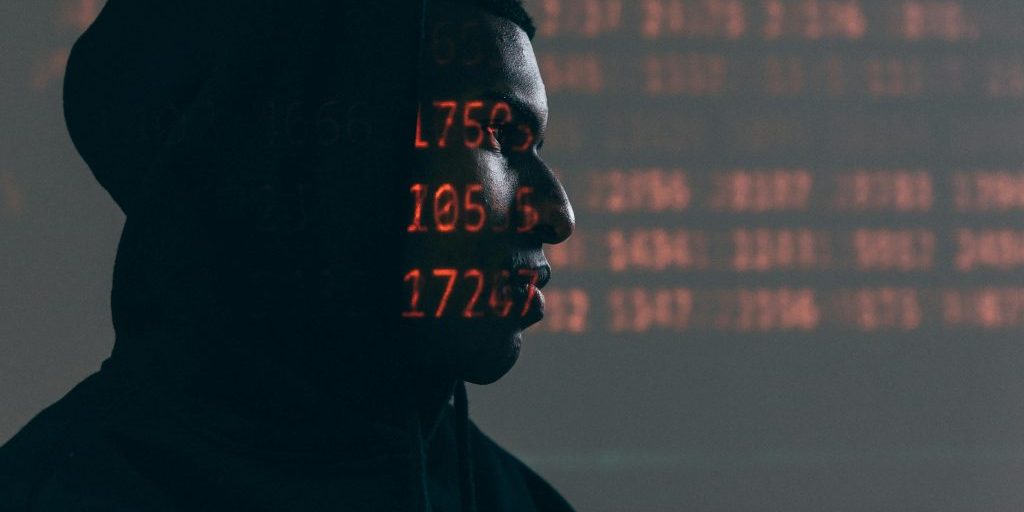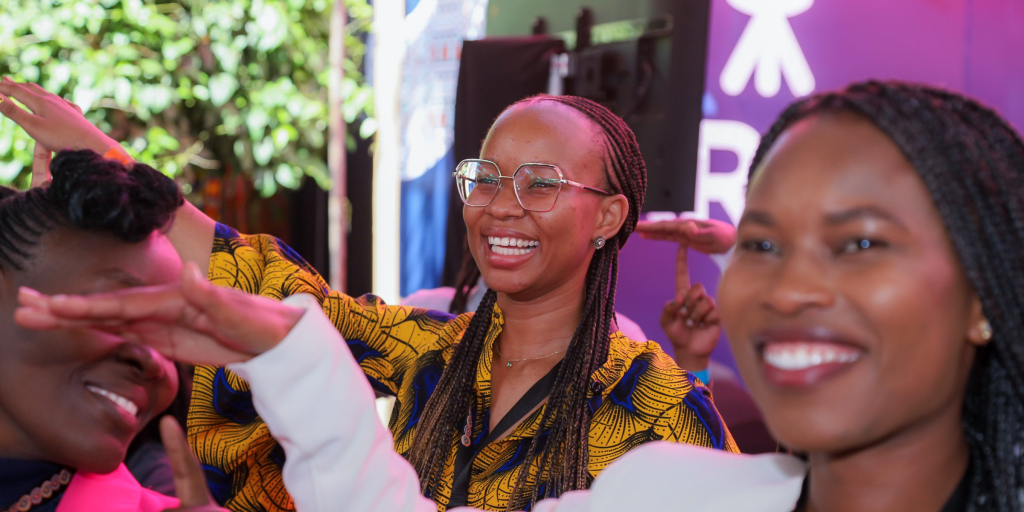Media resources to confront risks in the rising culture of online violence
PICTURE: Mati Mango/Pexels
‘Isaac’ is hard to find on Google. He isn’t an MMA fighter out of Tennessee, a social worker from Baltimore or the secondary antagonist of an Agatha Christie mystery.
The cybersecurity expert probably does that on purpose. This ‘Isaac’ is a cybersecurity trainer for NGOs, universities and other groups, and a specialist in technology ethics, so he knows how to hide data. But that doesn’t mean he’s elusive.
His knowledge delivery was a highlight of the Wits Centre for Journalism‘s African Investigative Journalism Conference (AIJC) where surveillance, data interception and journalists’ safety were among the strongest themes.
Other media freedom campaigners who spoke at the AIJC against external manipulation, included:
- Code for Africa (CfA) senior data analyst Eliud Akwei, whose session equipped participants with debunking techniques, tactics and procedures (TTPs);
- Global Investigative Journalism Network (GIJN) Francophone Africa Editor Maxime Domegni, Kenyan open-source investigative journalist and accomplished fact-checker Linda Ngari, Centre for Journalism, Innovation and Development Digital Investigations Manager Silas Jonathan and Thandi Smith, Head of Programmes at Media Monitoring Africa, who offered lessons in protection for journalists;
- Jones Baraza, Code for Africa Digital Security Manager, who examined the impacts of African governments’ outsourcing surveillance of journalists and news organisations to private companies which exploit spyware and threaten press freedom, privacy, and safety;
- Ana Cristina Ruelas, UNESCO Senior Programme Specialist, and Busola Ajibola, Deputy Director of the Centre for Journalism Innovation and Development (CJID), who discussed UNESCO’s ‘Guidelines for the Governance of Digital Platforms‘ which is aimed at safeguarding freedom of expression and access to information while emphasising the responsibility of digital platforms to implement human rights due diligence (UNESCO is developing a companion document to the ‘Guidelines’, specifically focused on human rights risk assessments), and
- Henry Nxumalo Foundation Director Anton Harber, SafeOnline Women Kenya (SOW-Kenya), Organising Secretary Julie Radol and Cassey Chambers, Operations Director at the South African Depression and Anxiety Group (SADAG), who presented insights into how to manage threats in the rising culture of online violence against journalists.
‘Isaac’ was on a panel moderated by Phil Chamberlain, Deputy Director at the Tobacco Control Research Group at the University of Bath in the UK, together with Andy Rowell, Senior Research Fellow at the University of Bath and Dr Sharon Nyatsanza, Deputy Director at the National Council Against Smoking in South Africa.
‘Isaac’ specifically addressed counter-interception methods to promote journalists’ and sources’ safety, including tools like encrypted messenger Session and super-secure peer-to-peer messenger app Richochet Refresh, which was developed by Blueprint for Free Speech.
‘Ricochet … doesn’t trust anyone in protecting your privacy,’ the developers explain, directing it especially at freedom of expression activists, whistleblowers and journalists ‘worldwide’, although they caution: ‘The field of cybersecurity rarely offers absolute guarantees.’
‘If you want to be perfectly private, you need to disconnect entirely from the digital world. That’s not a very practical solution for most people. So you winnow down risk as far as possible.
‘It’s illogical to say “because there is some very small risk, we should stop using technology to protect ourselves”. Instead, the best choice is to opt for free, open-source software which by design, gives you enormously more privacy and anonymity than the vast majority of other tools.’
‘Isaac’ encouraged investigative journalists to prevent data theft by always turning on encryption, and using either Windows’ Bit Locker or a MAC file vault for storage. He introduced many to Have I Been Pwned, which offers a search across multiple data breaches to see if an email address or phone number has been compromised.
He gave advice around how to ‘poison’ images to prevent these from being used in deepfakes and other malice, citing tools like Nightshade, Photoguard and Glaze. ‘Poisoning’ audio is also possible through AntiFake.
The CJID – which operates in Nigeria, Ghana, Sierra Leone, Liberia, The Gambia, Cameroon, Senegal and the Democratic Republic of Congo (DRC) – offered a more personal, profound look into the attacks journalists and other media workers encounter in the course of their work, and the impunity with which these incidents can occur.
‘#Safe4Press: Shining a Light on the Dark Side of Journalism and Press Freedom Violations’ reflects ‘on the implications of press freedom violations for civil and political rights’ and focuses not only on physical attacks, sanctions and regulations and denial of access, but also online attacks which have a slew of effects.
Watch the documentary:
- Read more about the fight back again surveillance here




